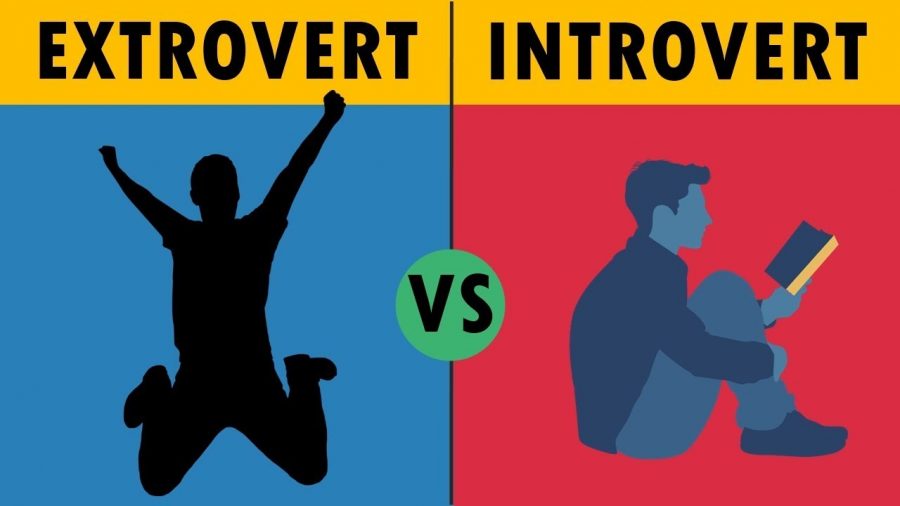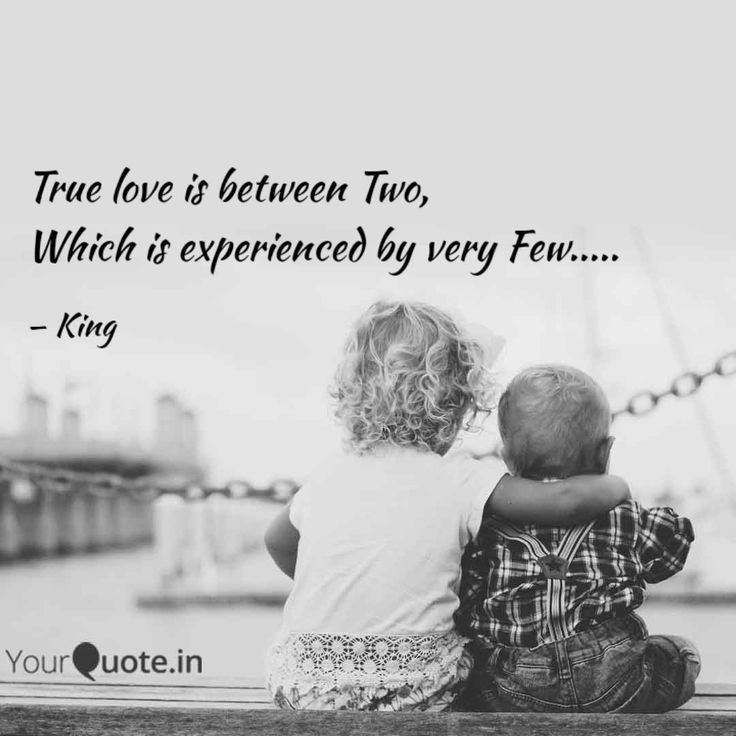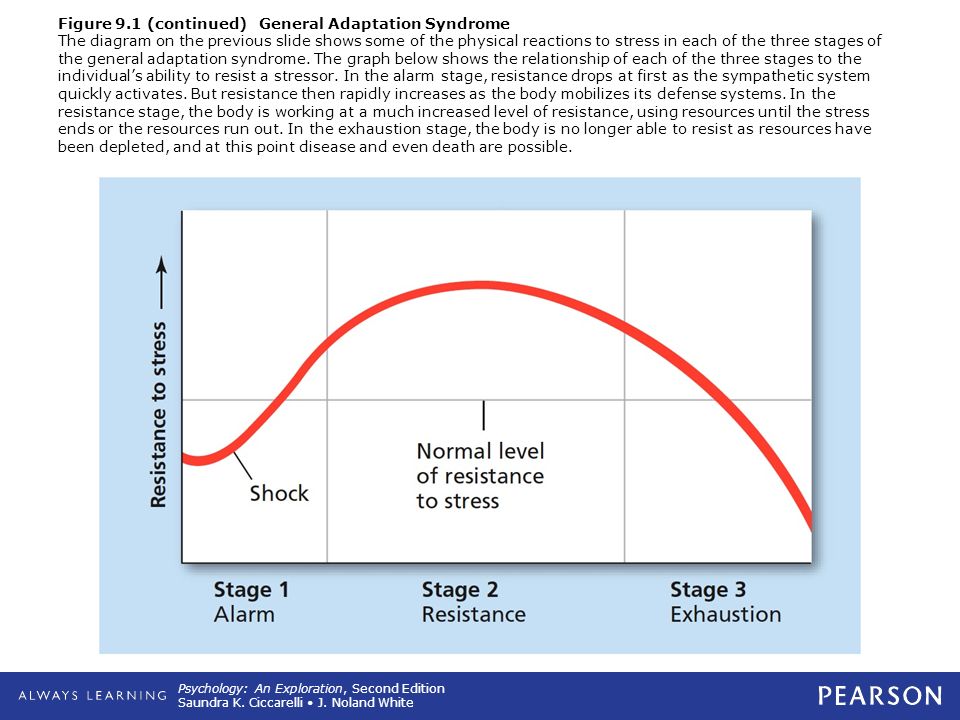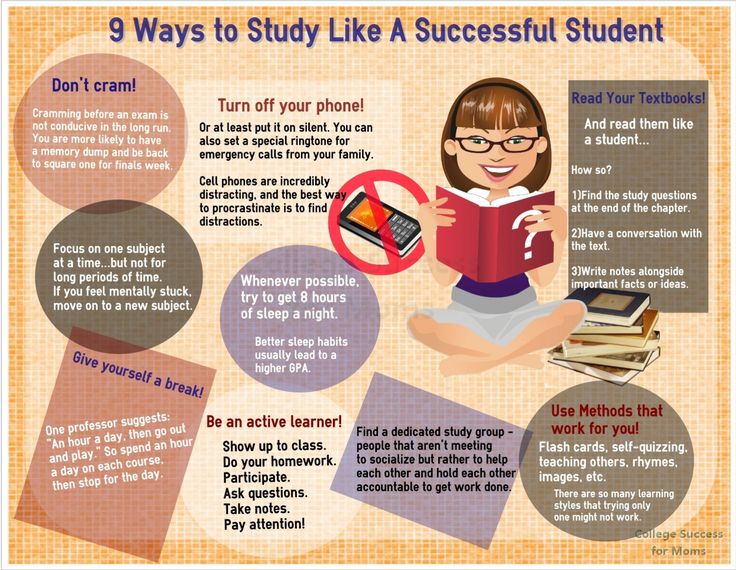Feeling used in a relationship
What Can You Do When You’re Feeling Used In A Relationship?
Relationships require a team effort. Both partners create a balance that is essential to growing the relationship. So, when one feels used by the other, it may signal something is amiss. You may feel hurt, shamed, or unappreciated. Giving your partner a helping hand is one thing, but when it becomes a regular thing, it is time to reassess your situation. A relationship is built upon maintaining strong ties between both partners who should be willing to help each other equally.
There Are Two Sides To Feeling Used
You Deserve To Feel Appreciated In Your Relationship
Get Support From A Licensed Therapist Online
There are several reasons why a partner may feel used in their relationship. The two sides of the problem include assessing the role of your partner and yourself in the relationship. When considering your partner, are there things about them that stand out that contribute to your feelings of being used? "I feel like a piece of meat" is a pretty common term used to describe someone who feels useful just for physical traits.
If you're feeling this way, it's time to address the underlying concerns. Some people grow to be dependent on their partners because they lack understanding of the initiative. A partner may not bother doing certain things if they think it won’t meet their partner’s standards, as if they were walking on eggshells.
Your priorities may be different, affecting the level of motivation or time a partner would devote to an issue. A partner may also be self-centered by putting their needs first over others. A partner may have personal anxieties that influence the actions of their partner. A partner can have a tight schedule affecting how they choose to get things done. It may create conflict with their partner by pushing them away. A partner may struggle working up the nerve to confront them. Unfortunately, a partner can get burned out when doing too much.
Red Flags That Signal You’re Being Used
Doing things for each other is the benefit of a healthy relationship.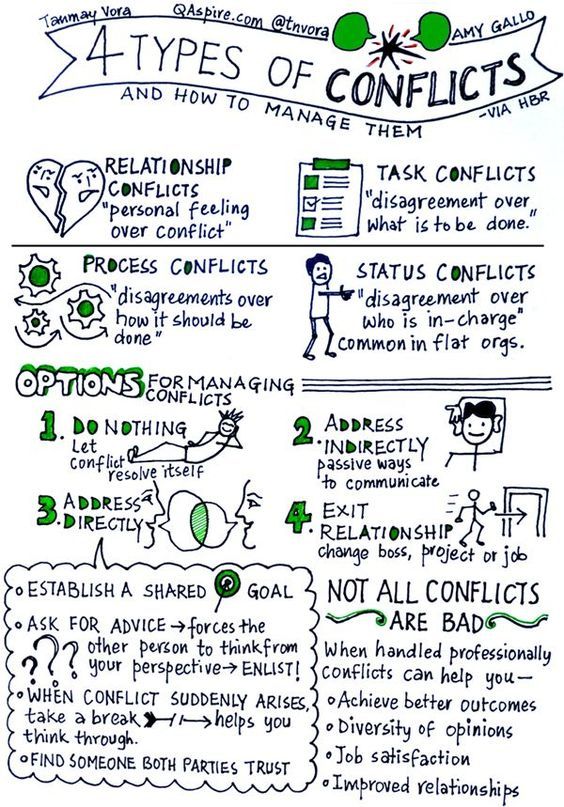 If you run an errand for them or help with a project, they should be willing to do the same for you. There is nothing wrong with having reasonable expectations of your partner when you need help with something. But an imbalance of helping each other can leave one considering the possibility of being used. When someone is feeling used, they can experience the following signs:
If you run an errand for them or help with a project, they should be willing to do the same for you. There is nothing wrong with having reasonable expectations of your partner when you need help with something. But an imbalance of helping each other can leave one considering the possibility of being used. When someone is feeling used, they can experience the following signs:
- Feel uncomfortable around their partner. The feeling comes from personal anxiety because of the expectation their partner is going to ask them to do something they don’t want to.
- Feel afraid to say no. Some partners have a subtle way of working around their partner that tries to reject their demands. Sometimes a partner tries to make the other feel bad on purpose if they don’t help them out.
- Feel emotionally led on. Your partner may act nice toward you when seeking a favor, but wouldn’t usually pay attention to you or your needs. In other words, a partner will play nice when they want something in return.
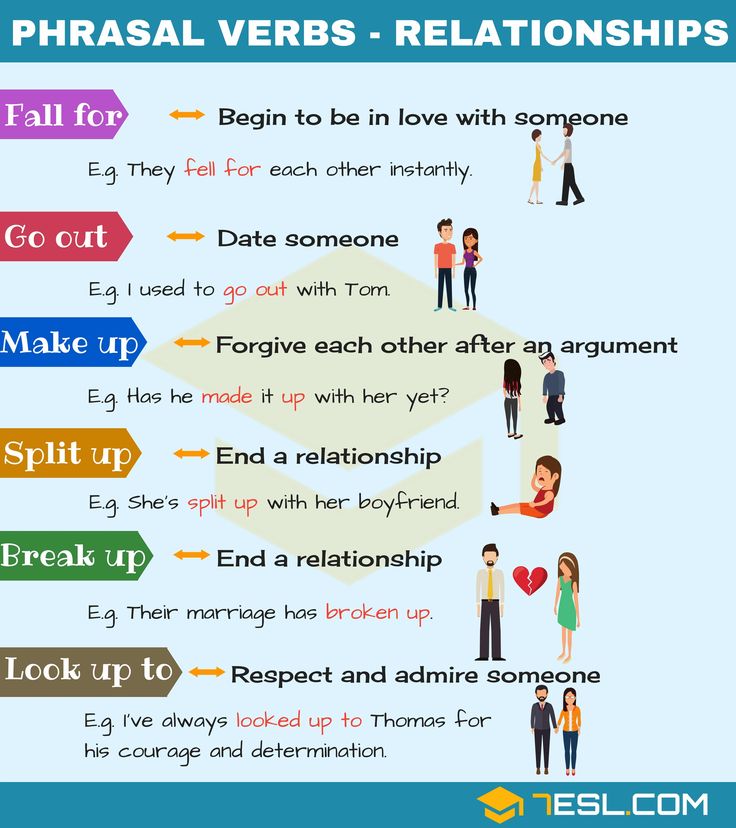
- Feel guilty when something didn’t meet their standards. You may feel bad about not doing something for them. A partner can make you feel this way as their way of getting you to do things for them.
- Feel resentment. Over time, a partner may grow feelings of resentment when they feel disrespected or that they are not being treated fairly.
- Feel as if your needs are not important. Your needs are not met because you’re busy meeting the needs of others and lose out on time for yourself.
A partner may expect you to do favors for them but won’t bother doing them for you in return. Sometimes such inclinations lead to a partner getting ahead in their life career-wise or financially. If your partner isn’t returning favors, there is a relationship imbalance you can’t ignore anymore.
Could You Be Contributing To The Problem?
People feeling used by their partner could have set themselves up without realizing it. A person who lacks boundaries or doesn’t know how to put their foot down and say “no” could make it easier for a partner to take advantage of them.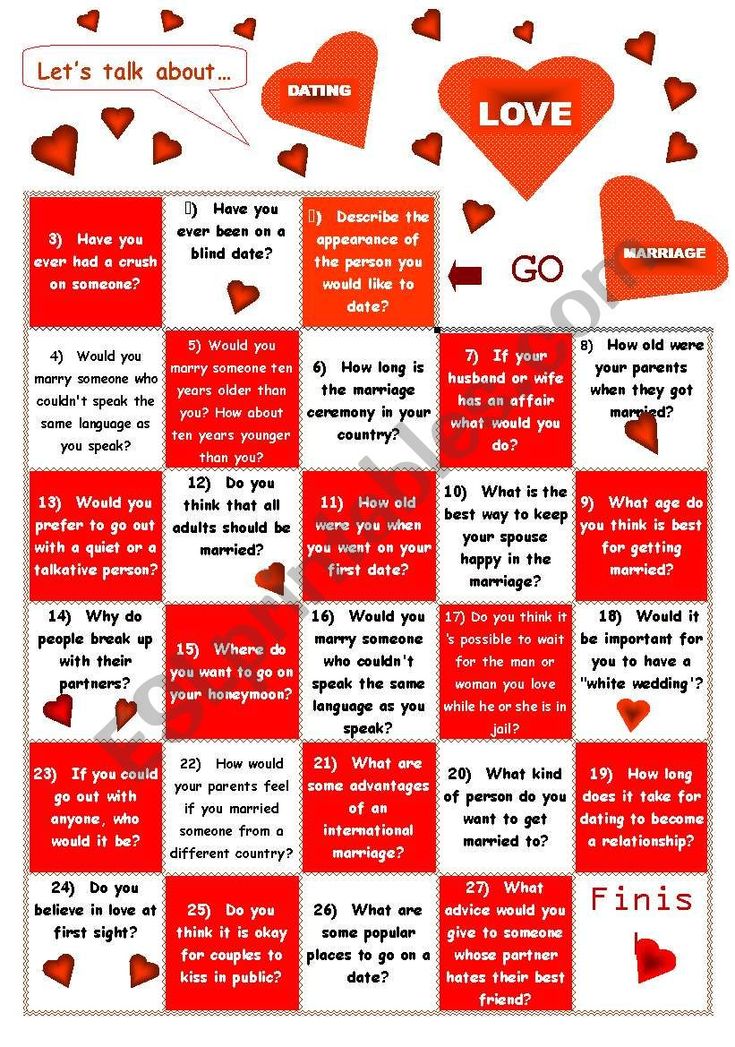 In this case, a partner may do things they don’t want to do to keep their partner satisfied because they are afraid of getting a negative response if they say no. Sometimes a partner may think they won’t be loved as much.
In this case, a partner may do things they don’t want to do to keep their partner satisfied because they are afraid of getting a negative response if they say no. Sometimes a partner may think they won’t be loved as much.
Communication issues can contribute to feeling used. A partner may have expectations that don’t match expectations their significant other may have for the relationship. Sometimes such expectations are influenced by previous relationships or how your parents behaved when you were a child. A person may do things their partner didn’t ask them to do because they assume, they should do it anyway. At this point, a partner is guessing what they should be doing instead of talking things out.
Simply overdoing it by doing too much is another reason why a person feels used in a relationship. A person may do things thinking they have to earn someone’s love. It is different from doing things out of love. When partners are on the same page, they may do things motivated by their love for each other.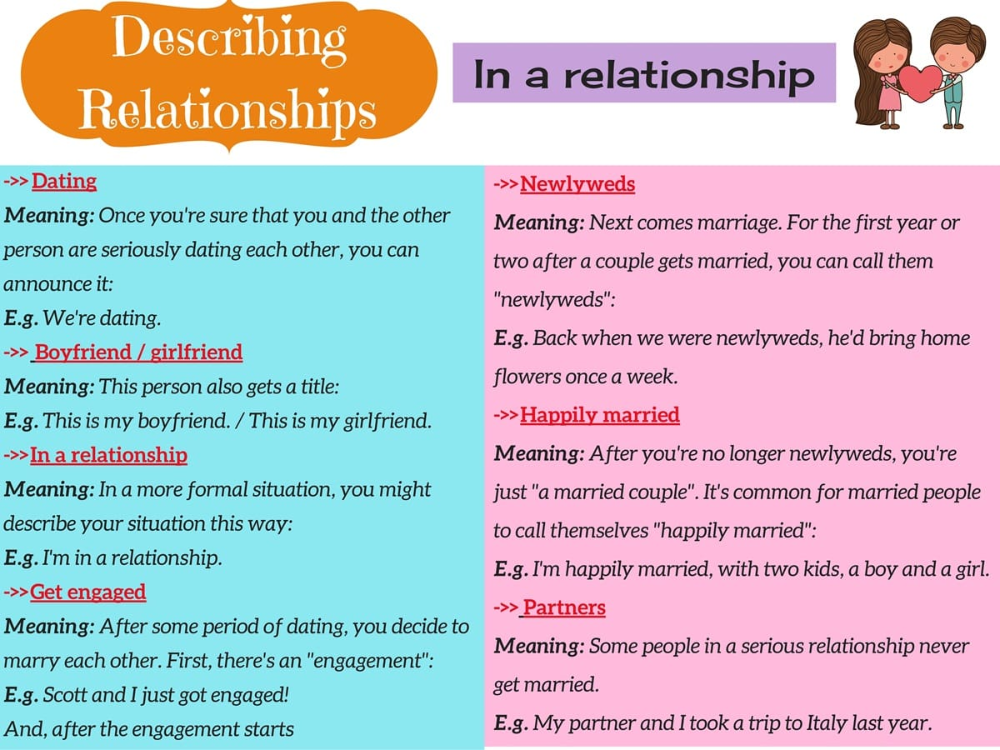 A person may think the more they give and do, leads to a trade-off to receiving a certain amount of respect. When it is not received, the love felt for your partner decreases. Some get caught up in a cycle consisting of doing more things to get love, but unfortunately, the love they had for their partner lessens or diminishes.
A person may think the more they give and do, leads to a trade-off to receiving a certain amount of respect. When it is not received, the love felt for your partner decreases. Some get caught up in a cycle consisting of doing more things to get love, but unfortunately, the love they had for their partner lessens or diminishes.
Sometimes a person may feel used by people outside of their relationship like family or friends on top of feeling used by their partner. It may indicate an underlying issue you need to deal with that is preventing you from understanding how the pattern of being used got started. Such a hindrance may sabotage your happiness and success in different areas of your life. Getting help for this can improve your personal and family relationships while helping to see yourself in a new light.
If The Relationship Is Getting Worse, Can It Be Saved?
You Deserve To Feel Appreciated In Your Relationship
Get Support From A Licensed Therapist Online
Feeling used isn’t easy to ignore, and it can be challenging trying to raise the issue with your partner.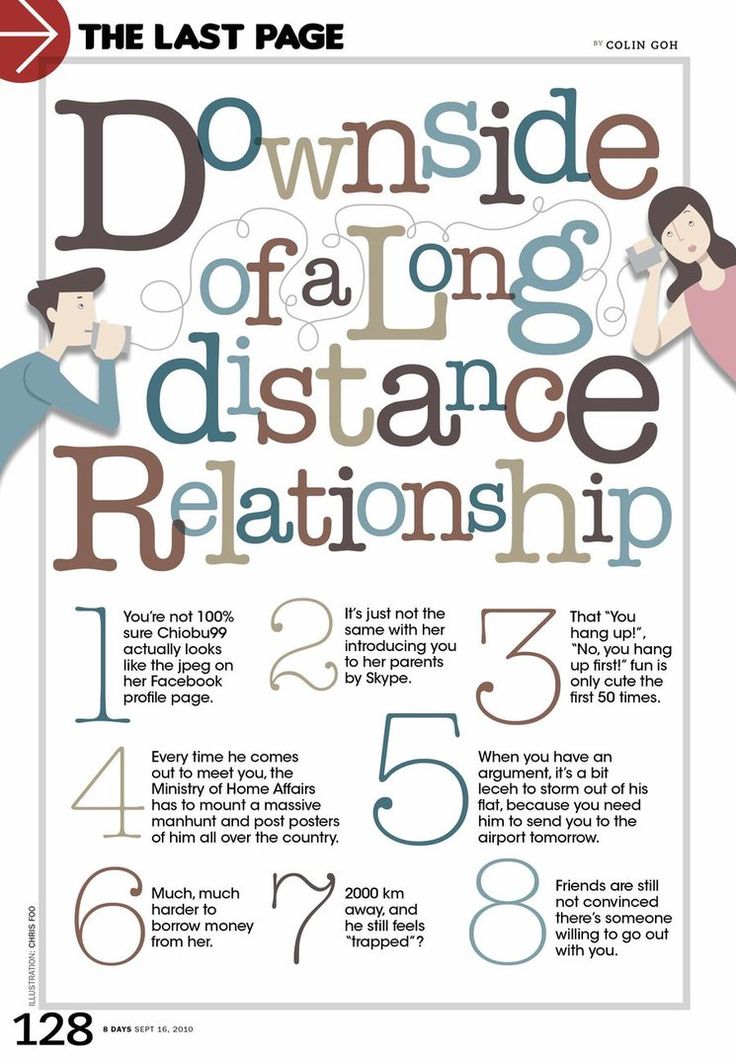 This, in the long run, may cause resentment or will make you think "I don't feel anything for my partner." This, in the long run, may cause resentment or will make you think "I don't feel anything for my partner." If you think the relationship is headed in the wrong direction, it is crucial to communicate with your partner. When talking, be clear and positive to ensure both parties understand each other’s needs. As you know, your partner’s needs and habits, use them as a guide to help you respond to them. You’re more likely to do things you want to do while meeting your partner’s expectations and feel less used.
This, in the long run, may cause resentment or will make you think "I don't feel anything for my partner." This, in the long run, may cause resentment or will make you think "I don't feel anything for my partner." If you think the relationship is headed in the wrong direction, it is crucial to communicate with your partner. When talking, be clear and positive to ensure both parties understand each other’s needs. As you know, your partner’s needs and habits, use them as a guide to help you respond to them. You’re more likely to do things you want to do while meeting your partner’s expectations and feel less used.
Learning how to say “no” and how to cut back can help establish boundaries in the relationship. Things will get more comfortable for you, and you’ll gain the respect you deserve from your partner. Saying “no” is an affirmative action that helps you stay within boundaries set by you. Ask for what you want from your partner in a way that encourages them to want to do more for you.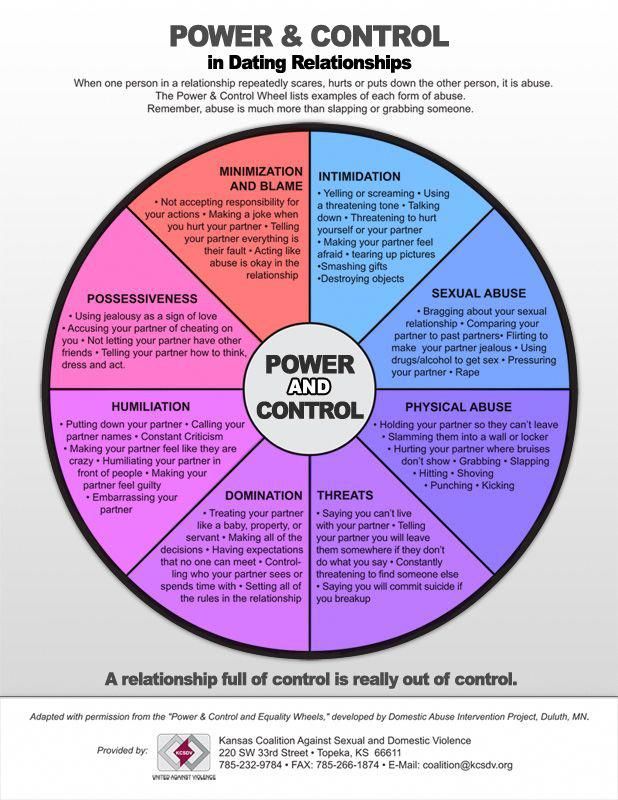 Asking helps reduce the amount of work you do while subtly initiating your partner to follow your lead.
Asking helps reduce the amount of work you do while subtly initiating your partner to follow your lead.
You can be the person you want to be. You should be with someone that keeps you inspired and wants to grow and build a relationship with you. After talking to your partner about how things have been in the relationship, they should be willing to work with you to make things better. When partners care about each other, they are eager to do things and give their time without question.
Unfortunately, feeling used may create more emotional hurt, causing you to rethink the relationship. Some people intentionally use others to see what they can get. They may have little interest in the relationship but focus on material things, want a personal maid, sex, or other benefits. When they say, “I love you,” their actions don’t line up with their words. They know ways to manipulate their partner and the relationship to get as much as they can before moving on to another person. When being used gets to this point, it is a form of rejection. You can get help ending the relationship.
You can get help ending the relationship.
How To Take Action
You don’t have to be in this position. There are things you can do when feeling used to put yourself in a better position to take appropriate action. There are effective ways to help you assess your situation and your emotions to understand the best steps to take to achieve a favorable outcome. Take action with the following suggestions:
Know Your Worth. Your self-worth should not be defined by letting others take advantage of you. When a partner values their significant other, they will want to give or do things for you naturally. When they do, they show how they value you as a person with substantial meaning in the relationship.
Be Confident In Yourself. Learn to build self-confidence and love yourself. Doing this keeps you connected to the things you love that make you who you are. When engaging in activities you enjoy most, they build your confidence and give you a sense of purpose.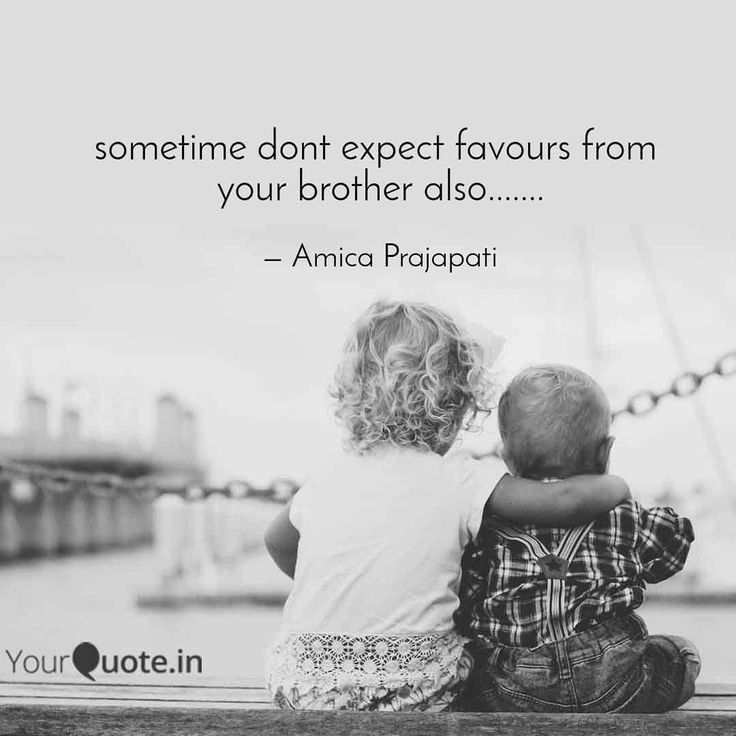
Assess The Dynamics Of The Relationship. Don’t be afraid to speak up. Talk about your feelings with your partner. Work on your communication. Engage in productive conversations about each other’s emotions and actions. Use a calm tone during the discussion to avoid an argument. Talk to a friend or family to get things off your chest and to help you open up to your partner.
Get Help For Your Relationship. It may be challenging tackling relationship problems yourself. It is okay to seek professional support to help you regain control of the situation. Couples’ counseling provides an unbiased perspective of your situation. You can learn how to improve your wellbeing, where to start when working on your relationship, and how to address underlying issues that may affect your relations with others.
Unhealthy behaviors in a relationship can lead to feeling used. It is essential to acknowledge these feelings instead of ignoring them. You deserve a loving relationship with someone willing to give and do as much as you.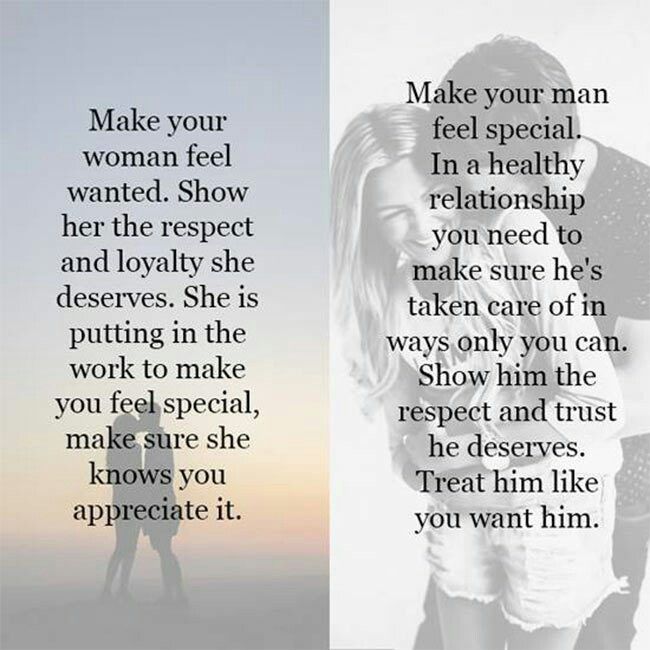
17 Signs You're Being Used In A Relationship & How To Fix The Problem
It can be really tough to tell when you’re being used in a relationship. Not only are there multiple ways to be used — including financially, sexually, or emotionally, just to name a few — there also tends to be a lot of deceit and manipulation involved, all to varying degrees.
“On the less destructive — but still problematic — end of the spectrum, a partner might be using you to avoid loneliness,” says Dr. Carla Marie Manly, a clinical psychologist, speaker, and author of the Date Smart. They might start a relationship with you in order to fill a gap in their life, to find sexual fulfillment, or to alleviate a financial burden, without realizing that they’re being toxic and unfair.Manly calls these “convenienceships” because your partner is using you to meet a need without the intention of investing further or giving back equally. If the scales are always tipping in your partner’s favor, chances are you have a user on your hands.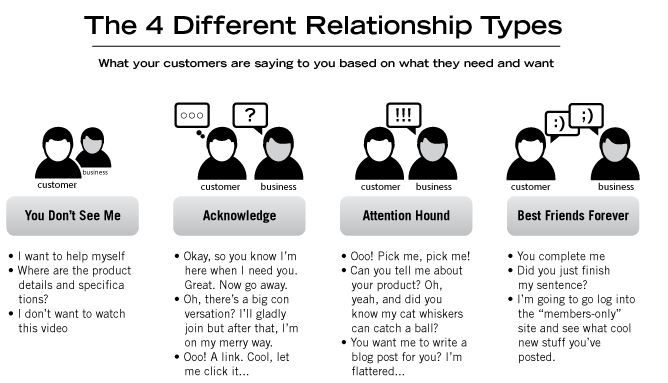
There’s also an extremely toxic end of the spectrum, Manly says, where a partner might use you for sheer financial gain or to have someone to bully and control. In any case, “using” typically leads to dishonesty and manipulation — and that can take an emotional toll. “The deceit factor causes significant mental and emotional harm,” Manly says. “When you realize that a partner has been using you, it’s normal to feel sad, upset, and angry. Using another person is absolutely disrespectful, and it never feels good to be disrespected — especially by someone who says they love you.” Here are 17 signs your partner may be using you. If anything sounds familiar, it may be best to move on.
1. They Always Seem Checked Out
Westend61/Westend61/Getty Images
If someone maintains a relationship with you, while also showing little to no interest in your everyday life, take it as a sign that something’s up. “Most often when someone is using another they will show signs of disinterest in conversations, in the other’s activities of choice, and in their likes and dislikes,” says Tina Sadri, LMFT, a licensed marriage and family therapist.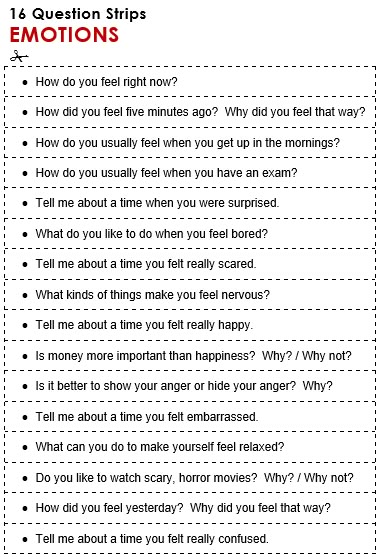 They won’t ask about your day, they won’t ask your opinion on something, and they definitely won’t listen with interest as you talk. While long-term couples will go through periods of distraction, experiencing this on a regular basis is not OK.
They won’t ask about your day, they won’t ask your opinion on something, and they definitely won’t listen with interest as you talk. While long-term couples will go through periods of distraction, experiencing this on a regular basis is not OK.
2. They Don’t Do One-On-One Dates
Your partner’s real intentions may show up in less obvious ways as well, including asking other people to join you on dates, Sadri says. This is often done as a way to disperse the attention across a group.
If you always go out with others (most likely their friends), it means your partner doesn’t have to invest much time or energy into chatting with you specifically. They will, however, get to say they “took you out” as a way of feigning interest so the relationship remains intact.
3. They’re Only Nice When They Want Something
LumiNola/E+/Getty Images
While they may seem distant and disinterested most of the time, take note if this person comes on strong whenever they want something.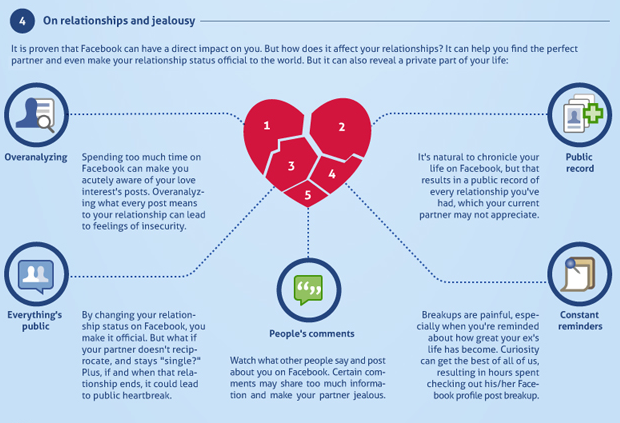 They’ll switch from being checked out to super nice and affectionate — and then ask for a favor soon after.
They’ll switch from being checked out to super nice and affectionate — and then ask for a favor soon after.
Now, that’s not to say that a partner who does something nice is automatically a “user.” If they come over with your favorite takeout food, for instance, it doesn’t necessarily mean they have nefarious intentions. It’s only a problem if there’s a consistent pattern of not caring, followed by over-the-top kindness and requests.
One way to tell is if things feel unbalanced, says clinical psychologist Rachel Greenberg, LCP. You may also detect a feeling of uneasiness, almost as if you can tell that their kindness isn’t genuine. When that’s the case, “something is awry in the connection and should be addressed,” Greenberg says.
4. They Use You To Network
If your partner is using you, they might have extra high expectations when it comes to your achievements — but not because they’re cheering you on or rooting for you to achieve your goals. Rather, they’re invested because you success can do something for them, Sadri says.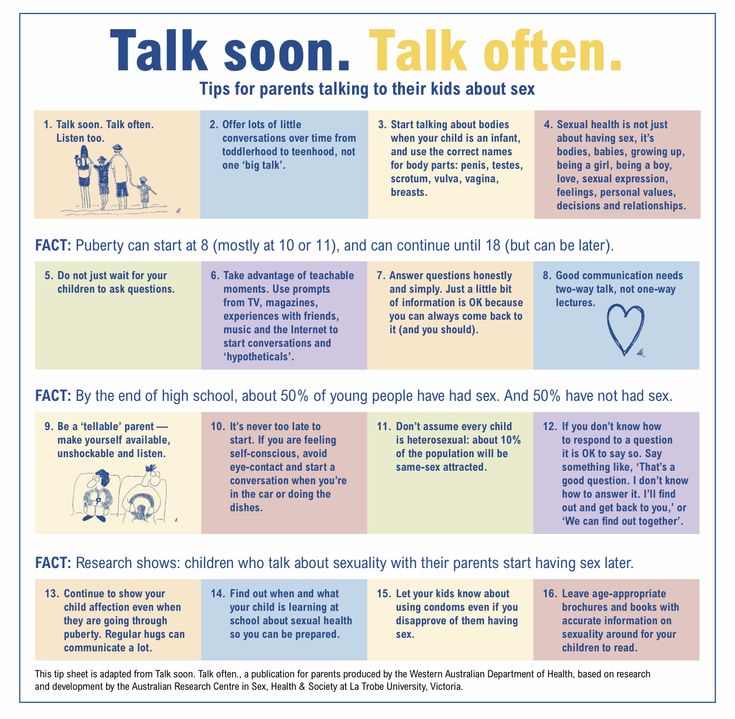
It’s why your partner may not want to watch movies or go on dates, but suddenly becomes available for parties where they might get to rub elbows with some of your influential friends. The same is true for work events, where they might get to network if they attend as your plus-one. To them, your relationship is a means to an end.
5. They Encourage You To Take High-Paying Jobs
Vladimir Vladimirov/E+/Getty Images
In the same vein, they might also encourage you to take higher-paying jobs and then guilt-trip you if you aren’t interested, Sadri says. It’ll feel like they’re being sweet and encouraging, but if you look close enough, you’ll see it’s mixed with light mentions of how your success would benefit them and/or your relationship.
6. You Feel Uncomfortable Around Them
According to Amalia Sirica, LCSW, a licensed clinical social worker, your body can tell you a lot about someone’s intentions, so pay attention to how you feel whenever you talk to or hang out with your partner.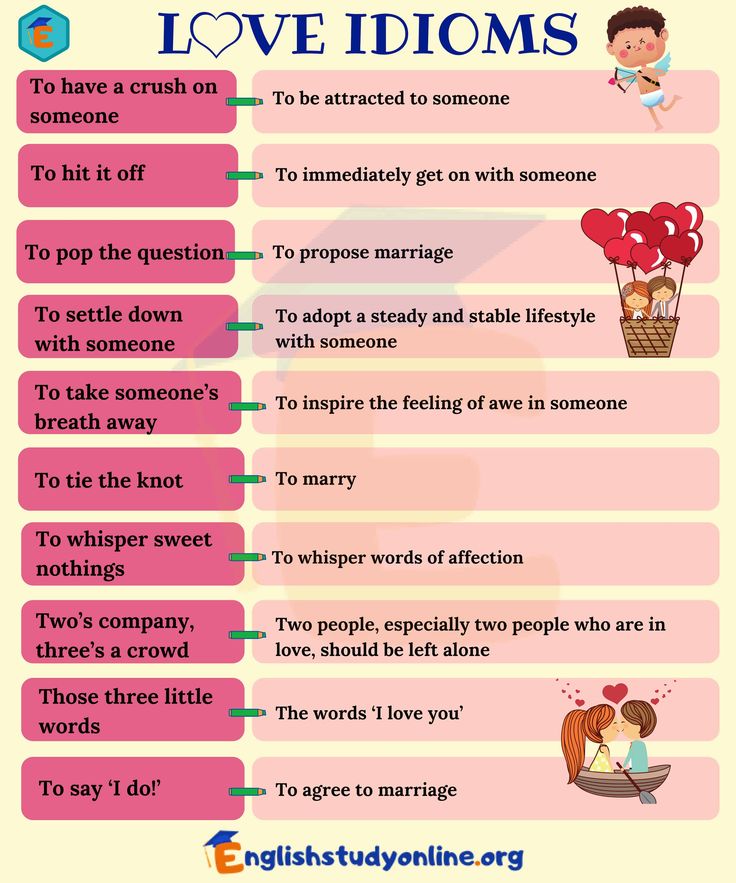 Do you get jittery? Do you tense up? Do you feel angry for seemingly no reason? Physical and emotional reactions like these might be a sign your partner doesn’t have your best interests at heart, even if you can’t put a finger on why.
Do you get jittery? Do you tense up? Do you feel angry for seemingly no reason? Physical and emotional reactions like these might be a sign your partner doesn’t have your best interests at heart, even if you can’t put a finger on why.
7. They Cross Your Boundaries
Halfpoint Images/Moment/Getty Images
If your body is reacting negatively, it might be because your partner pushes past your boundaries to meet their own needs. Pay attention to moments where they cross the line, as well as how they respond when you call them out or say “no.”
“You can learn a lot about someone by the way they respond to your boundaries,” Sirica explains. “A person who is in a relationship with you because they like you will respond to boundaries with ease and understanding.” If your partner is being extractive or “using” you, the opposite will be true.
They’ll likely get really angry and push back against your boundaries or find a reason why the boundary is “dumb” or “unfair” instead of adjusting their behavior as they’ve been asked to.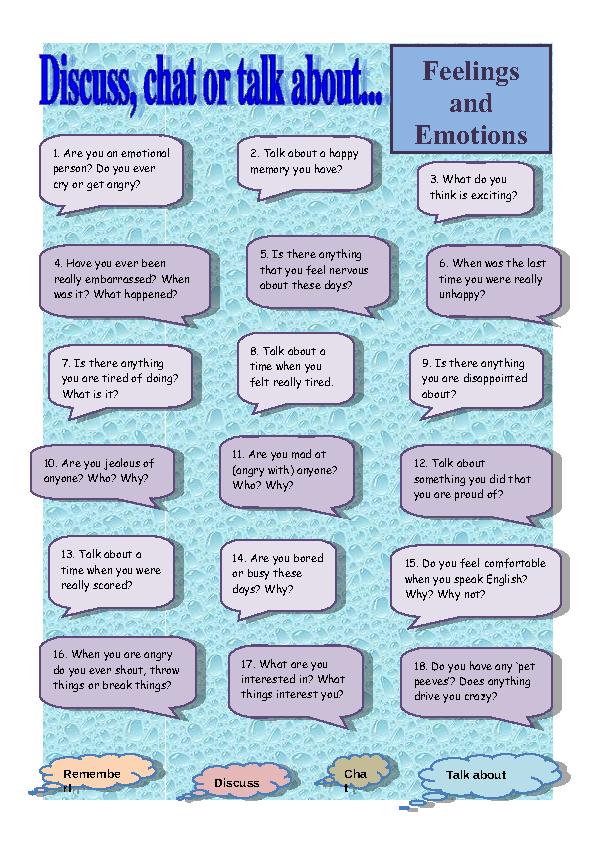 “In other words,” Sirica says, “they won’t be respectful.”
“In other words,” Sirica says, “they won’t be respectful.”
8. The Relationship Feels Unequal
“A partner who is using you will generally have a lopsided, inequitable approach in the relationship,” Manly says, which can manifest in financial, emotional, and physical ways. It might feel like you’re always the one paying for things, planning dates, buying gifts, and doing chores — and they never seem to expend the same amount of effort to meet you halfway. “If your partner seems unwilling to return the favor, or unexcited to give back, chances are they’re using you on some level,” Manly says.
9. They Always Want To Stay Home
Shutterstock
While there’s nothing wrong with relaxing at home (especially right now), things might start to feel off if your partner only wants to Netflix and chill — especially if you’re always the one trekking to their place.
According to Rev. Sheri Heller, LCSW, a licensed clinical social worker, this type of laziness sends a strong message.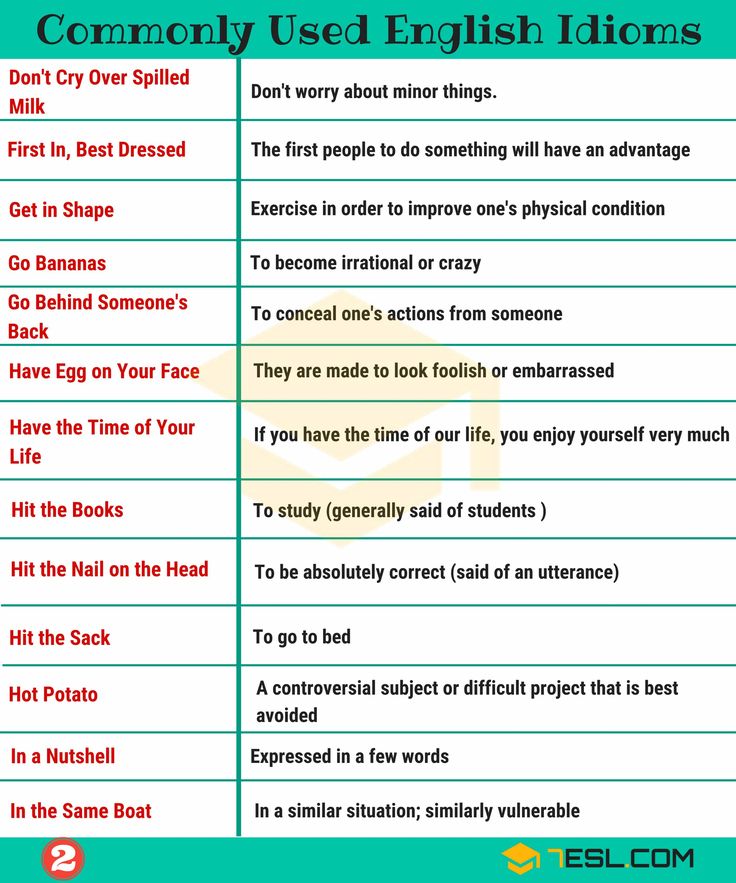 Confining the relationship to their apartment, without any sort of friendship-building dates or trips outside, is a clear indicator of disinterest in taking the relationship to the next level.
Confining the relationship to their apartment, without any sort of friendship-building dates or trips outside, is a clear indicator of disinterest in taking the relationship to the next level.
Do they refuse to go for walks? Meet up with friends? Or even get a coffee? If you aren’t looking for anything more than a casual hookup, this set-up is totally fine. But if you want the relationship to grow, this type of treatment can be hurtful and esteem-deflating, Heller says, as well as a sign that they’re using you.
10. They Only Take You On Dates
On the flip side is someone who takes you on fancy dates all the time, says relationship coach Leah Carey. The thing is, they aren’t doing it because they want to spend time with you, specifically. Instead, it’s more about status or the idea of having a partner, perhaps to impress friends.
Whether they want to stay in, or only ever want to go out, you’ll obviously want to make sure it matches up with what you’re looking for.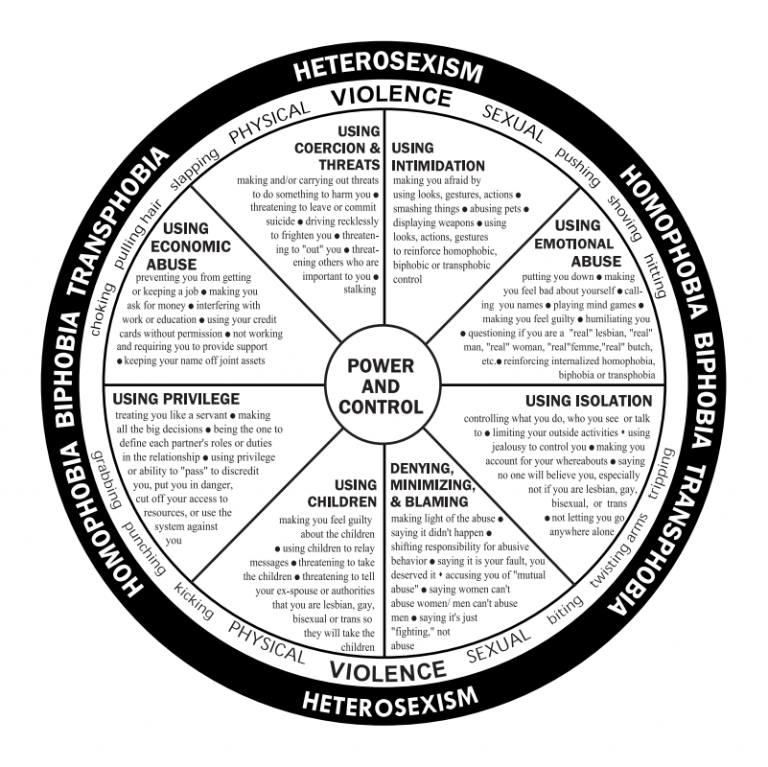 As Carey says, “If the other person is getting their needs filled and you’re not, it’s time to re-examine the relationship.”
As Carey says, “If the other person is getting their needs filled and you’re not, it’s time to re-examine the relationship.”
11. They Feel Entitled To Your Time
elenaleonova/E+/Getty Images
What happens if you tell this person no? As Manly says, “People who are users often feel entitled to give nothing or ‘get’ more than they give.” It’s why they’ll get upset or angry if you can’t do something for them, if you want to spend time by yourself, or if you don’t rush to their side the moment they call. They’ll also likely find a way to make you feel guilty about it as a manipulation tactic.
At the same time, you might notice that they don’t come over or pick up the phone when you need something. “A partner who is using you will often have a sense of indifference,” Manly says. “A lack of investment in your thoughts, feelings, and needs is often a sign that you’re being used — and not being given the consideration and respect you deserve.”
12. The Relationship Never Grows
If your partner claims to want a “relationship,” but doesn’t seem interested in actually committing to one or moving things forward, take note.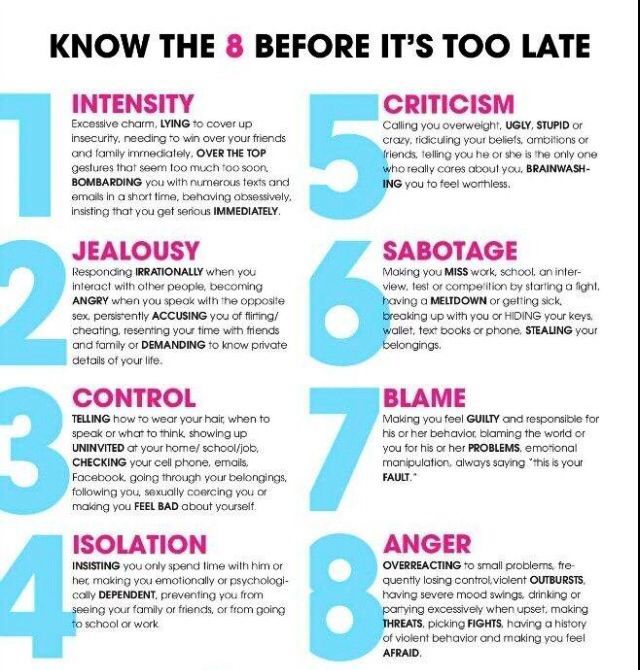 As Deborah J. Cohan, Ph.D., an associate professor of sociology at the University of South Carolina Beaufort says, a user won’t want to move the relationship past the early stages where they get everything they want — physical intimacy, attention, someone to hang out with — without any of the commitment or responsibility.
As Deborah J. Cohan, Ph.D., an associate professor of sociology at the University of South Carolina Beaufort says, a user won’t want to move the relationship past the early stages where they get everything they want — physical intimacy, attention, someone to hang out with — without any of the commitment or responsibility.
And there could be any number of reasons for this. “We are a culture that prioritizes being in a couple and sometimes people want that feeling more than they actually want to be with the actual person,” Cohan says. “For someone being used, this can really take a toll emotionally because a person might feel like they are not good enough, that they are not high enough priority for someone, that they can be easily taken advantage of — and then they’ll question their overall sense of worthiness.”
If you want more out of the relationship, don’t wait ages for someone to decide if they’re ready or not.
13. They Get Defensive
Marko Geber/DigitalVision/Getty Images
When a supportive, committed partner is accidentally selfish, you’ll notice that they’re willing to apologize and make changes once it’s brought to their attention.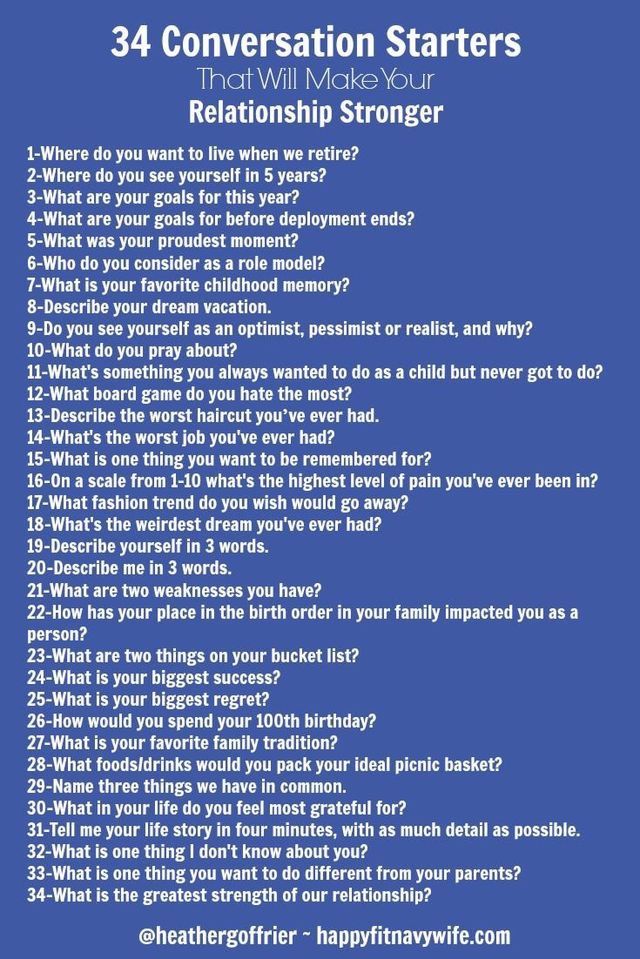 But if someone is using you on purpose, you’ll likely notice that they get defensive and argumentative instead, says Keischa Pruden, LCMHCS, LCAS, CCS, a therapist and owner of Pruden Counseling Concepts.
But if someone is using you on purpose, you’ll likely notice that they get defensive and argumentative instead, says Keischa Pruden, LCMHCS, LCAS, CCS, a therapist and owner of Pruden Counseling Concepts.
Instead of talking about how things are off-balance, they’ll shut the conversation down quickly and angrily because they got caught. “If a person in a relationship is not willing to listen to the other person's concerns and work towards a mutually satisfying solution,” Pruden says. If not, it may be time to move on.
14. There’s A Sense Of Resentment
With all the favors, guilt-tripping, and outlandish requests, you may notice that you feel a sense of resentment on top of everything else, says clinical psychologist Kim Chronister, Psy.D. If you’re genuinely being used, you’ll start to feel like a dried-up well with nothing left to give.
Manly echos this saying, “When a partner tends to engage only for superficial reasons,” like a desire for physical intimacy or to fill a loneliness void, or needing a companion for an event, “you’re being undervalued and under-appreciated. ” And that can be draining in more ways than one.
” And that can be draining in more ways than one.
15. They Don’t Want To Sort Out Problems
ljubaphoto/E+/Getty Images
According to Carey, a healthy connection happens when both partners take the time to name their needs in a relationship, so that everything can run smoothly. This means addressing problems as they arise and coming up with solutions and compromises so that everyone is happy. Someone who is in a relationship for personal again, and not because they actually care about you as their partner, won’t take the time to have these types of tough conversations. Again, it’ll feel very one-sided.
16. You Feel Drained All The Time
Because a “user” demands a lot of time and energy, you’re likely to feel burnt out on a regular basis, Carey says. Maybe you can’t remember the last time you spent a weekend on your own, or the last time you saw friends. This is a huge red flag that your partner is taking more than they’re giving, and that your relationship is unbalanced.
17. They Act Different Behind Closed Doors
Shutterstock
If you find yourself wondering, “Am I being used?” you should look at how your significant other acts in private. “Users can often be tremendously charismatic and their appealing qualities can make it hard to see what’s really going on,” Manly says. “However, partners who use others tend to give themselves away through serial red flags that share a common theme of being self-entitled.”
You might notice, for instance, that they drop the act behind closed doors or after they do one kind thing. They’re also likely to be argumentative and defensive, with an eye towards how the relationship benefits them.
But don’t blame yourself if you get swept up in this type of relationship. Often, due to their charisma, it’s easy to get sucked in and think things are a-OK — right up until you realize they aren’t. Take a step back and assess how you feel in the current dynamic. If something doesn’t feel right, it likely isn’t!
What To Do If A Partner Is Using You
OK, so let’s say some of these red flags stand out and it really does seem like your partner is using you.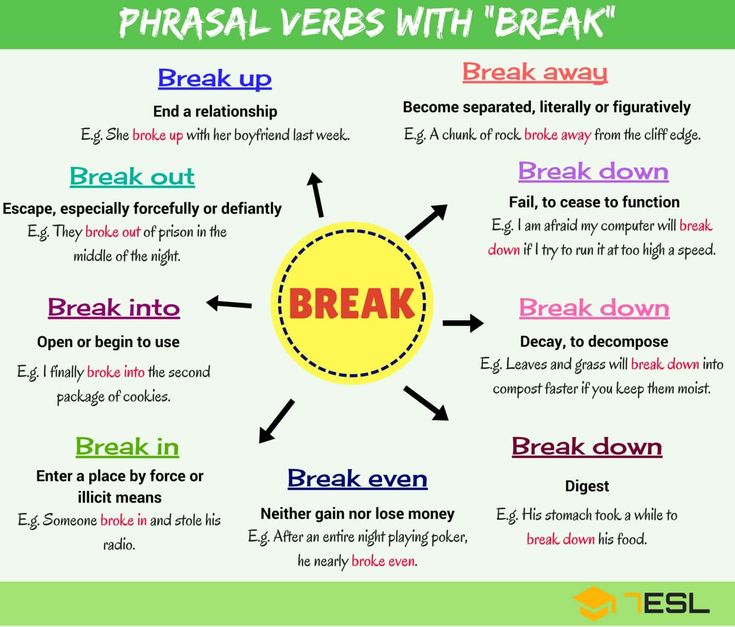 The first thing you should try to do, if it feels safe, is have a conversation where you explain the imbalances you’ve noticed in the relationship and how they affect you.
The first thing you should try to do, if it feels safe, is have a conversation where you explain the imbalances you’ve noticed in the relationship and how they affect you.
“Address the issue directly and respectfully,” Manly says. “For example, if you feel that your partner has been using you financially you might say, ‘I’ve realized that I’m paying all the rent and most of the expenses. It would feel fair and balanced to share expenses equally.’”
Then see how they respond. Do they apologize, step up, and make a change to the best of their ability? Or do they get defensive and claim that you’re being ridiculous? If it seems like you’ve caught them being manipulative, Manly says the wisest thing to do may be to cut your losses and move on.
Sources:
Dr. Carla Marie Manly, clinical psychologist, speaker, author
Tina Sadri, LMFT, licensed marriage and family therapist
Dr. Kim Chronister, PsyD, clinical psychologist
Amalia Sirica, LCSW, licensed clinical social worker
Deborah J.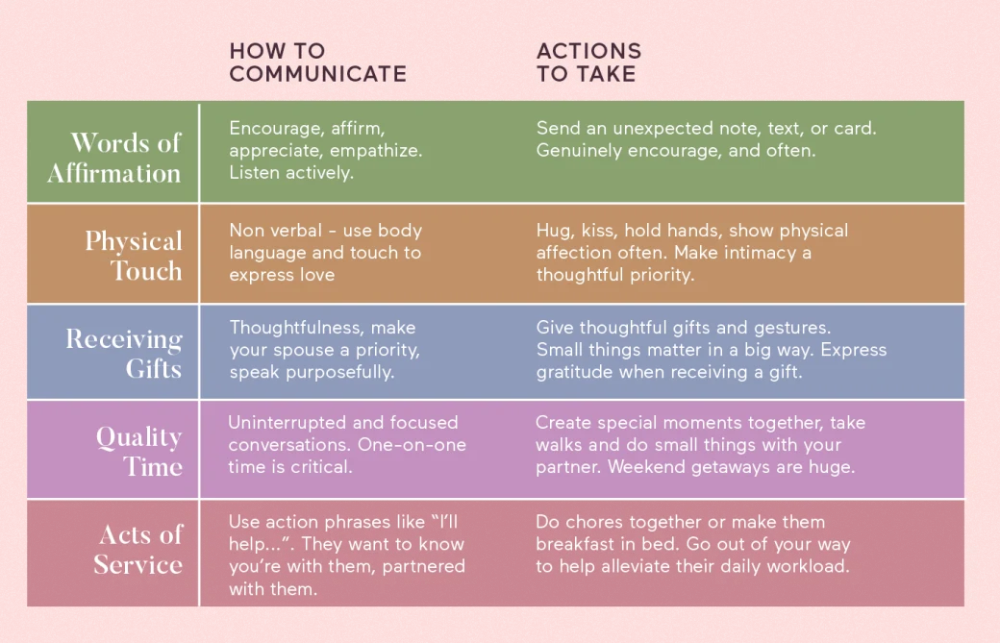 Cohan, PhD, associate professor of Sociology at University of South Carolina Beaufort
Cohan, PhD, associate professor of Sociology at University of South Carolina Beaufort
Dr. Rachel Greenberg, clinical psychologist
Rev. Sheri Heller, LCSW, licensed clinical social worker
Keischa Pruden, LCMHCS, LCAS, CCS, therapist
Leah Carey, relationship coach
This article was originally published on
"That's Enough": 9 Signs You're Being Used in a Relationship
Love and Sex
A healthy relationship is a balance between taking and giving. Unfortunately, not everyone follows it. To understand in time that you are being used means to save yourself from unnecessary worries and save valuable time. In this article, we've compiled nine signs of an unhealthy relationship. If you understand that at least one of the points is about your partner, think about it. Perhaps it's time for a change (in some cases, abrupt).
Recommendations prepared by Mikhail Moskotin, practicing psychologist and coach at Business Relations
Reproach for past mistakes is in the order of things
Mistakes are common to everyone.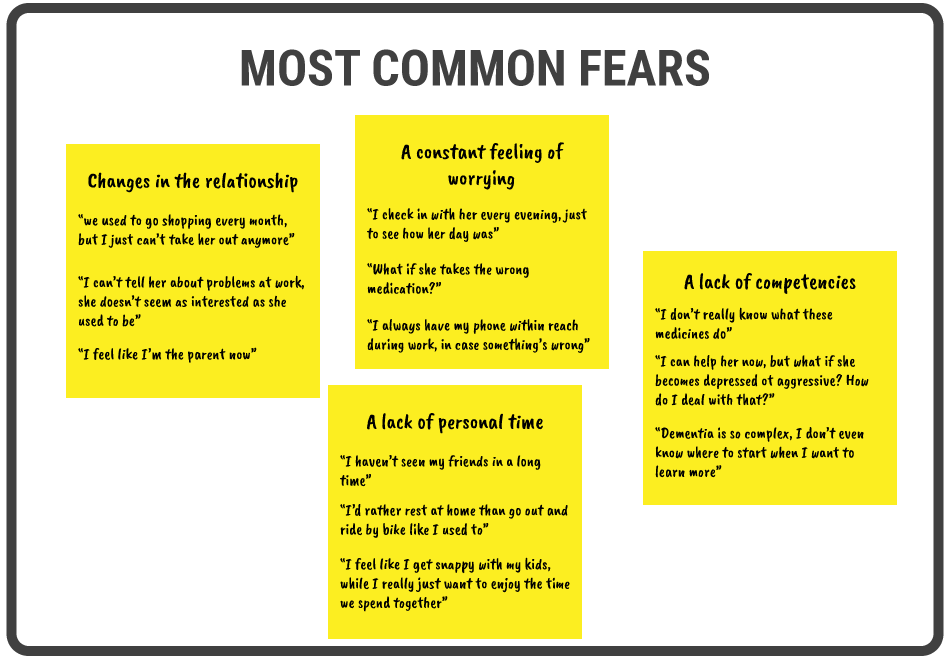 Reminding them every time to make the other person feel guilty is pure manipulation. If your partner loves this technique, know that his goal is to get what he needs, without looking back at you.
Reminding them every time to make the other person feel guilty is pure manipulation. If your partner loves this technique, know that his goal is to get what he needs, without looking back at you.
Your interests are not a reason to talk
A partner enthusiastically talks about his hobbies, but as soon as it comes to your hobbies, it quickly turns out that it is time for him to go to work / train / mind his own business? This is another wake up call. In a healthy relationship, the interests of each of the couple are of great importance. And it doesn't matter what they are - in piloting aircraft, crocheting or conquering eight-thousanders.
“The partner may continue the relationship out of habit or because it is convenient for him. He can see you as an excellent hostess, secretary or psychologist. But not a lover."
Your self-esteem is going to zero
Relationships aren't just about vacations, sex, or a shared budget.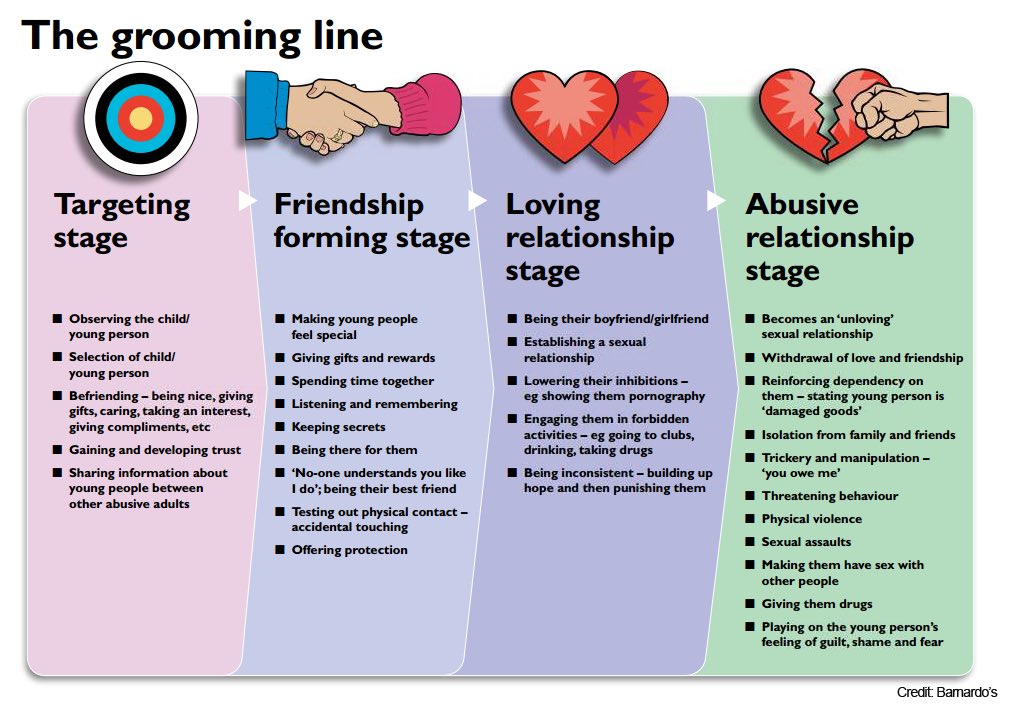 First of all, relationships are about helping each other develop. Knowing your strengths and the ability to work with weaknesses form a healthy self-esteem. And the task of partners is to support each other on this path. If you have forgotten the last time you heard from the second half about your pluses, but you can endlessly list cases when you are told about your own minuses, run. You are being used.
First of all, relationships are about helping each other develop. Knowing your strengths and the ability to work with weaknesses form a healthy self-esteem. And the task of partners is to support each other on this path. If you have forgotten the last time you heard from the second half about your pluses, but you can endlessly list cases when you are told about your own minuses, run. You are being used.
Relatives worry about you
We often have our heads in the clouds and idealize our partners. You can’t fool other people - they look at our relationship from the outside, and the “rose-colored glasses” option is not available to them. Therefore, their opinion deserves at least consideration. If mom and friends are trying to reach you and convey that the light of your eyes is not so radiant, listen. Better yet, ask why they think that way. Facts will help prove or disprove their correctness.
Partner claims “that it will be better for everyone”
In any case, does the partner insist on the decision he needs with the wording “it will be better for everyone” and without arguments confirming his words? It is possible that next to you is a unique person who knows everything about the structure of the world and knows how to calculate any outcome of events. But, most likely, everything is not so wonderful. A partner who achieves results with such words is manipulating you. Ask him to justify his point of view. If the answer equates to "Oh, everyone," you know what to do.
But, most likely, everything is not so wonderful. A partner who achieves results with such words is manipulating you. Ask him to justify his point of view. If the answer equates to "Oh, everyone," you know what to do.
The partner is not interested in your victories and defeats
Indifference to your ups and downs on the part of the partner says only one thing - he is not interested in you. A partner can continue the relationship out of habit or because it is so convenient for him. He can see you as an excellent hostess, secretary or psychologist. But not a lover. It is unlikely that you are satisfied with this state of affairs.
The partner is not ready to help you
Not all issues can be resolved by ourselves, and not always the partner can help us. The problem arises when he does not want to help. At all. In all situations. If you notice that any request for help is denied by the second half, know that this is a sign that you are being used.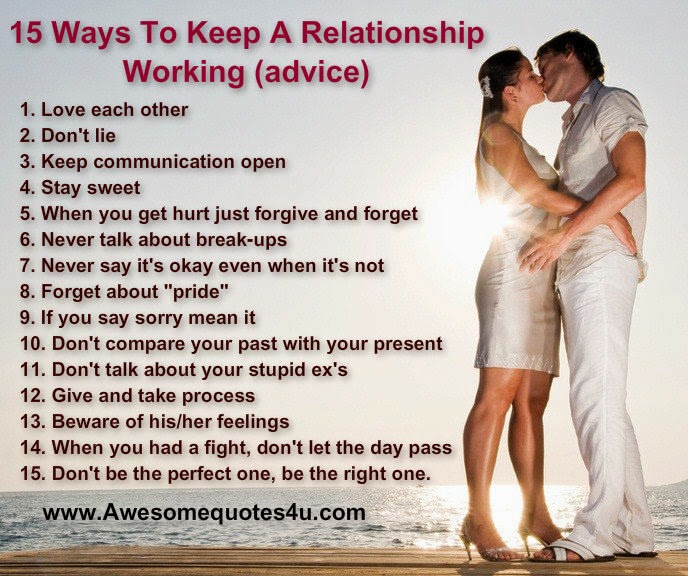.jpg)
Your "no" does not matter
There are times when failures can and should be ignored. But they are singular. If your “no” is an empty phrase, and the partner’s actions are more and more like violence, put an end to this relationship. Immediately.
The “right choice” is forced upon you
The labels “right” and “wrong” are one way to instill in children the norms accepted in society or in accordance with moral principles. A similar method in relations between adults is also education. But not for good. It is an attempt to make the other person comfortable for you. If your partner sins by imposing such attitudes, think about it. Perhaps you are being skillfully manipulated.
Photo: Getty Images/ Eugenio Marongiu
Tags
- Psychology
- relationships
12 signs of a healthy relationship | PSYCHOLOGIES
199,227
Man and woman Sex Relationship crisis
1.
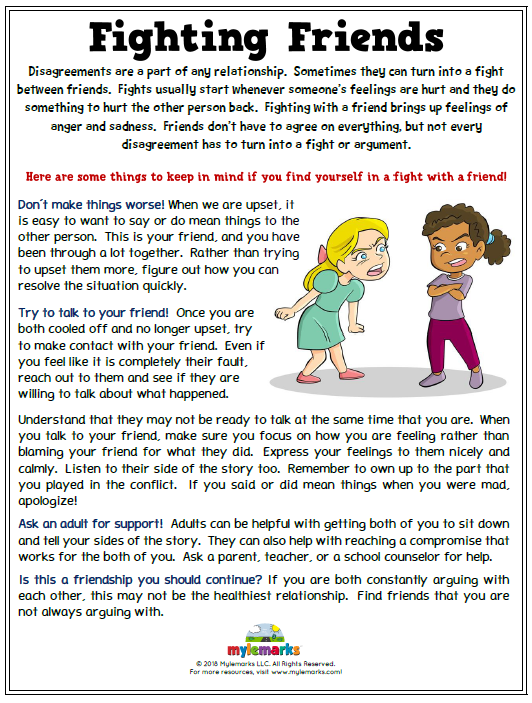 Love and care
Love and care The most important thing in a healthy relationship is sincere mutual love. Partners take care of each other both in words and in deeds, constantly demonstrating that they value and love each other.
2. Honesty
In a healthy relationship, partners do not lie to each other or hide the truth. Such relationships are transparent, there is no place for deceit in them.
3. Willingness to accept a partner as he is
You must have heard that you should not start a relationship hoping to change your partner over time. Whether it's a very serious problem like a drug addiction or something small like not washing the dishes all the time, if you expect him or her to behave differently, you're likely to be disappointed.
Yes, people can and do change, but they themselves must want it. You cannot force your partner to change, no matter how much you love them.
4. Respect
Mutual respect means that partners consider each other's feelings and treat their partner the way they would like to be treated. Respect allows you to exclude situations when it seems to one of the partners that the second one puts pressure on him or tries to manipulate him. They are ready to listen to each other and respect the point of view of their partner.
Respect allows you to exclude situations when it seems to one of the partners that the second one puts pressure on him or tries to manipulate him. They are ready to listen to each other and respect the point of view of their partner.
5. Mutual assistance
Partners have common goals. They don't try to put spokes in each other's wheels, they don't compete, they don't try to "beat" each other. Instead, mutual assistance and mutual support reign in the relationship.
6. Physical and emotional security
Partners do not feel wary or tense in each other's presence. They know that they can rely on a partner in any situation. They do not have to fear that their partner can hit them, yell at them, force them to do something they do not want, manipulate them, humiliate them or shame them.
7. Mutual openness
A sense of security allows you to fully open up to your partner, which, in turn, makes the relationship of partners deeper. They know they can share their deepest thoughts and secrets without fear of judgment.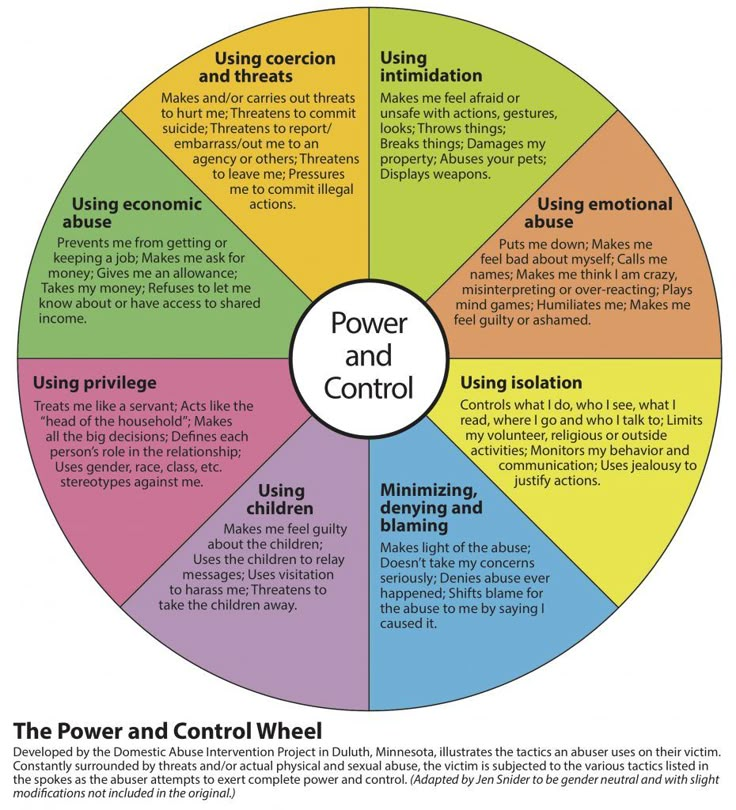
8. Support of partner's individuality
Healthy attachment of partners to each other does not prevent them from setting their own goals in life and achieving them. They have personal time and personal space. They support each other, are proud of each other, and are interested in each other's hobbies and passions.
9. Coincidence of expectations
When the expectations of partners differ greatly in terms of relationships, very often one of them is disappointed. It is important that the expectations of both are realistic and close to each other.
This concerns a variety of issues: how often they have sex, how they celebrate holidays, how much time they spend together, how they share household chores, and so on. If the views of partners on these and other issues differ greatly, it is very important to discuss the differences and find a compromise.
10. Willingness to forgive
In any relationship, partners sometimes misunderstand each other and hurt each other - this is inevitable.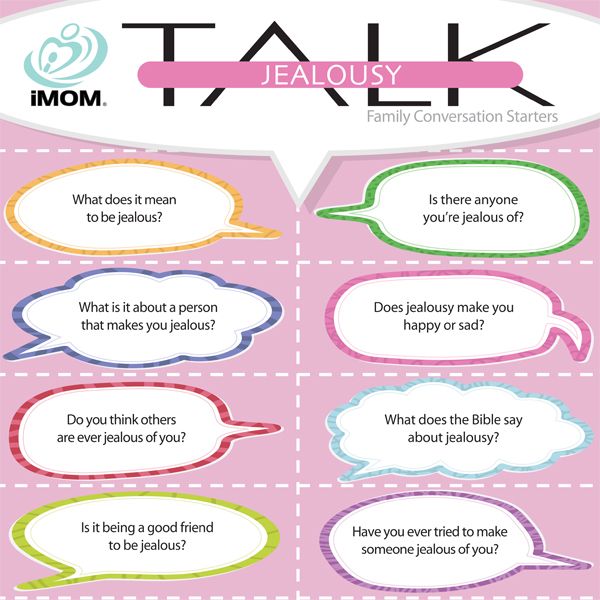 If the “guilty” partner sincerely regrets what happened and really changes his behavior, he should be forgiven. If partners do not know how to forgive, over time, relationships will collapse under the weight of accumulated grievances.
If the “guilty” partner sincerely regrets what happened and really changes his behavior, he should be forgiven. If partners do not know how to forgive, over time, relationships will collapse under the weight of accumulated grievances.
11. Willingness to discuss any conflicts and contradictions
It is easy to talk with your partner when everything is going well, but it is much more important to be able to constructively discuss any conflicts and grievances. In healthy relationships, partners always have the opportunity to tell each other what they are unhappy with or offended or disagree with - but in a respectful way.
They do not avoid conflicts and pretend that nothing has happened, but discuss and resolve conflicts.
12. The ability to enjoy each other and life
Yes, building relationships is hard work, but they should also bring joy. Why do we need a relationship if the partners are not happy with each other's company, if they cannot laugh together, have fun and generally have a good time?
Remember that in a relationship each of the partners not only takes something, but also gives.






